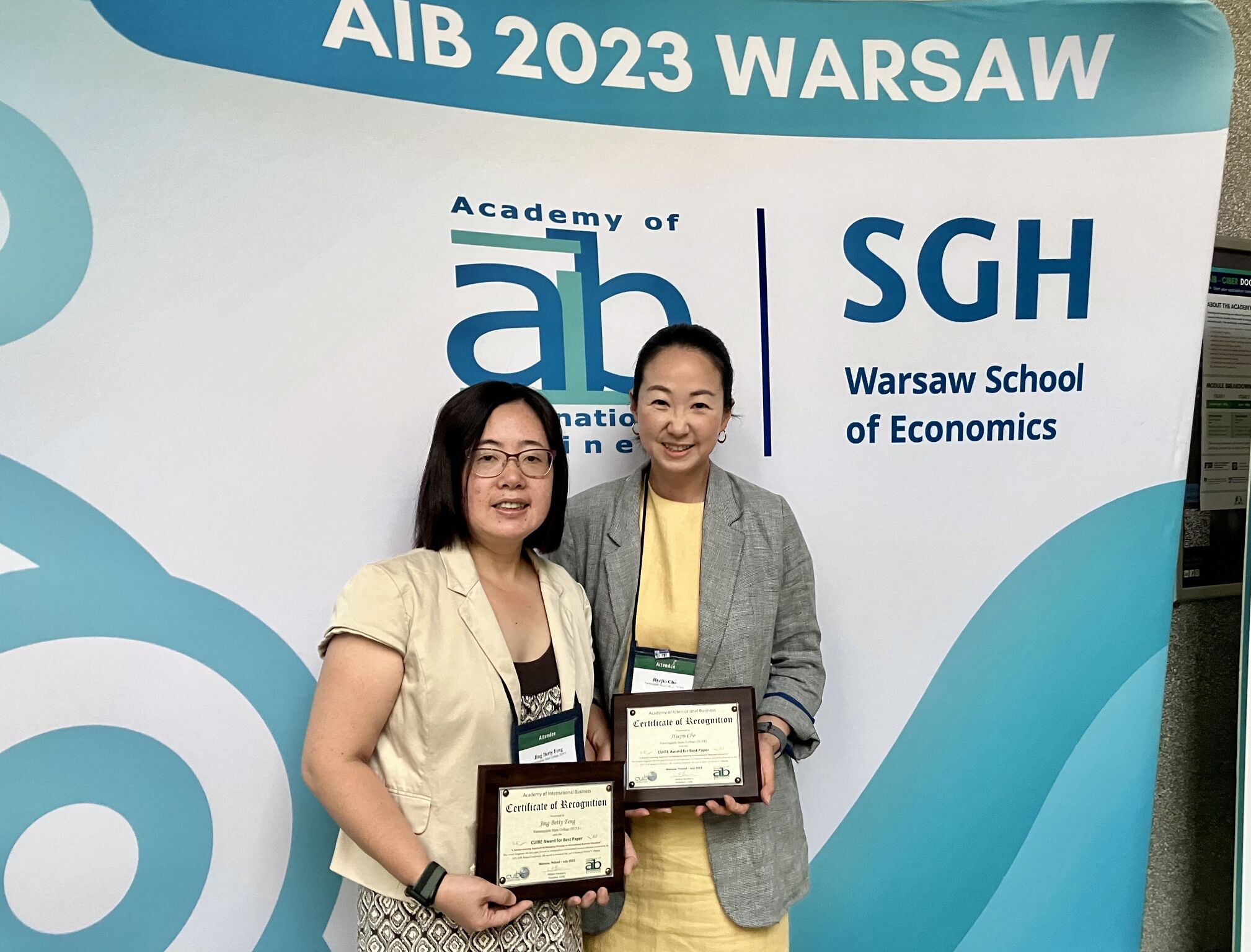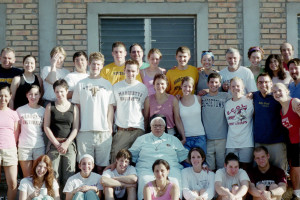Public Health Brigades Celebrates its 1st Birthday! |
Joy Bittner, 02/10/2010 |
Changing lives, one family at a time. A little over a year ago marks the launch of Public Health Brigades. The idea for Public Health Brigades came from the simple observation that despite over 5 years of medical care, the vast majority of the patients coming out to our Medical Brigades were still suffering from the exact same issues as when we started. Although we would treat these symptoms through medication, people would return the following Medical Brigade several months later again with the same problem. It was easily determined that this is largely due to the fact that after the Brigade they return to an unhealthy home environment and continue the same poor health practices. The need for rural health interventions is great. Sanitation and hygiene are critical to health, survival, and development. A significant amount of disease could be prevented through better access to adequate sanitation facilities and better hygiene practices. Improved health infrastructure (e.g., latrines and eco-stoves) allow people to live in homes which rather than make them sick, helps break the infection cycle of many diseases. Providing access to safe water and sanitation facilities, and promoting proper hygiene behavior are important in reducing the burden of disease from sanitation and hygiene-related diseases. The PHB pilot. Last year, hundreds of Medical Brigade students participated in the pilot, a one-day experience in which they were able to work side by side with community members in their homes building a pila (water storage unit), latrine, eco-stove, or cement floor. The countless hours of sweat and innumerable buckets of cement has resulted in dramatic health improvements in the community of Los Parajillos, in areas such as the reduction of smoke in homes, improved access to personal sanitation, decreased contamination of water sources, and more sanitary homes. To date there have been a total of ten full Public Health Brigades which have continued the in-home building projects with some significant additions: Community Health Education. Beyond the construction aspect of the program, Public Health Brigades also provides health education to community. Kid’s health education is a dynamic mix of songs, games, and interactive activities designed to teach simple but highly effective health promotion and disease prevention methods, such as handwashing and dental care. Adult and family health education first focuses on the importance, care, and maintenance of the construction projects and then secondly uses this as a jumping-off point to share other critical health concepts, such as treatment of potable drinking water. Comité de Saneamiento Básico. Twelve members from each PHB community were elected to a form the Basic Sanitation Committee. These volunteers received an intensive training based on UNICEF/Honduran Ministry of Health curriculum on personal hygiene and basic sanitation principles. They are empowered to work within their own communities to be the leaders in spreading preventive health education and take the lead in new health initiatives. Collaboration with Microfinance Brigades. Starting this past fall, PHB has been working with the Microfinance team to increase the sustainability of the projects. Families are contribute about 20% of the costs of the materials to an account managed by a local community run bank. That money is then saved up to be used in the future for the community to manage and build their own health infrastructure projects. The goal is that after about half of a year of direct GB involvement, the community will be empowered to take control of their own health. An opportunity to see change made real. Rural Honduras is an incredibly picturesque community, rich in its people and natural beauty. Yet behind the surface the people live with reality of serious health problems daily. They are not ignorant to their situation, but are financially unable to provide the means to change it. They are willing to work, however, and work hard; investing their time and energy to see these projects realized. Public Health Brigades is students coming together with communities to change this reality. The goal is to reduce the threat of Chagas disease, diarrheal illness, skin problems, lung infections and repertory problems, and improve the environment through decreased deforestation. These diseases can be prevented and the quality of life can be improved. It does take help, though. Partnering hand-in-hand, we can give these children a brighter future. Through working together, it is possible to transform the health of rural Honduras. Joy Bittner is the Public Health Brigades Director in Honduras. To get involved click here or email: lauryn@globalbrigades.org. |




|

Feb 9, 2010 1:00:08 PM | From the Field PHB's 1 year anniversary: looking back at our achievements
These diseases can be prevented and the quality of life can be improved. It does take help, though. Partnering hand-in-hand, we can give these children a brighter future. Through working together, it is possible to transform the health of rural Honduras.



